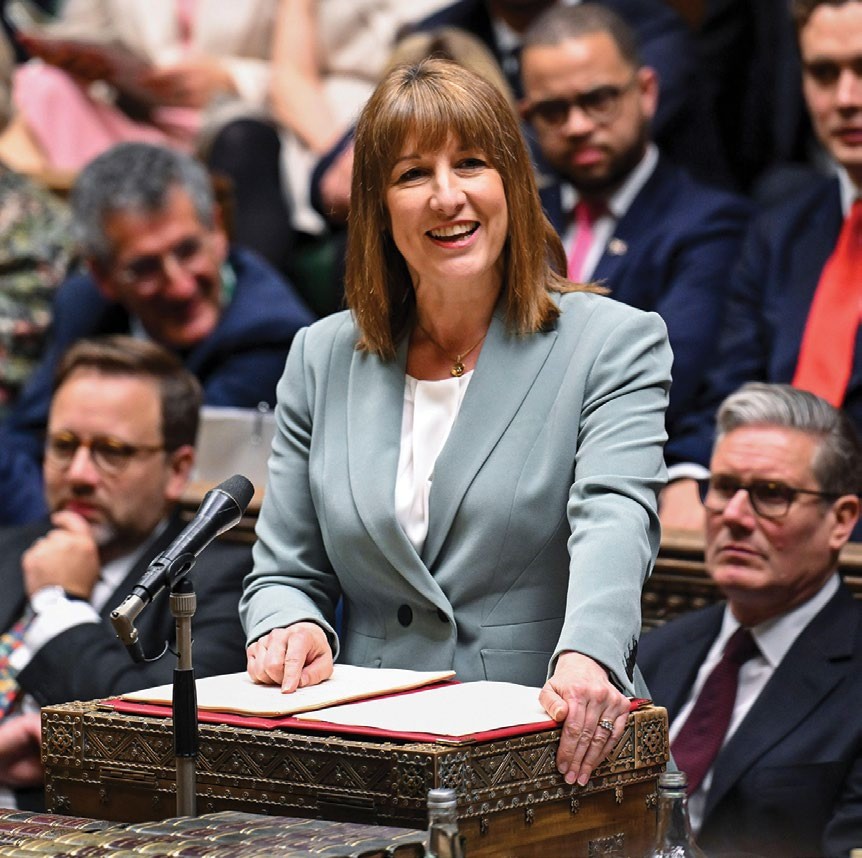The Greek crisis has already hit your pocket
Ripples from the Greek debt crisis have already reached Britain, as the amount of savings guaranteed by the Financial Services Compensation Scheme (FSCS) is to fall by £10,000

Get the latest financial news, insights and expert analysis from our award-winning MoneyWeek team, to help you understand what really matters when it comes to your finances.
You are now subscribed
Your newsletter sign-up was successful
Want to add more newsletters?

Twice daily
MoneyWeek
Get the latest financial news, insights and expert analysis from our award-winning MoneyWeek team, to help you understand what really matters when it comes to your finances.

Four times a week
Look After My Bills
Sign up to our free money-saving newsletter, filled with the latest news and expert advice to help you find the best tips and deals for managing your bills. Start saving today!
You might think the crisis in Greece has no immediate implications for the personal finances of those living in the UK. You'd be wrong. It has already contributed to a major shift in policy in a bad way.
The Prudential Regulation Authority has announced a couple of important changes to the protection that the Financial Services Compensation Scheme (FSCS) gives to British deposit accounts.
The first is good: the FSCS is to offer those with temporary high cash balances at their bank (perhaps due to a house sale) temporary deposit protection of up to £1m in the case of bank failure. That should set some minds at rest.
MoneyWeek
Subscribe to MoneyWeek today and get your first six magazine issues absolutely FREE

Sign up to Money Morning
Don't miss the latest investment and personal finances news, market analysis, plus money-saving tips with our free twice-daily newsletter
Don't miss the latest investment and personal finances news, market analysis, plus money-saving tips with our free twice-daily newsletter
The second is not so good. Just now, the FSCS compensates everyone with an account at a failed bank for any amount up to £85,000 (regardless of the size or permanence of their holding). From January 2016, that falls to £75,000.
This, as Hargreaves Lansdown's Danny Cox notes, sounds "bonkers". We aren't making any interest on our savings right now but those of us who keep holding lots of cash do it because we want to feel safe. It is "insult to injury" to undermine that sense of safety. He's right.
So why is the FSCS doing this? It is all about the falling euro. The EU Deposit Guarantee Schemes Directive requires all member countries to offer the same level of protection (to give people less incentive to move money out of crisis-ridden countries with low protection to those with higher protection). That level is set in euros at €100,000.
The result is that, as the euro falls, so does the level of deposit protection the UK can offer (the level has to be recalculated every five years). So we've just lost £10,000 of protection. If the euro is lower still in five years, the odds are we'll lose another.
If you have more than that in any one account, make sure you open another account at a different bank or maybe use the money for a deposit on a house instead.
We aren't in the habit of recommending this kind of thing, but as The Daily Telegraph points out, if the Greek fallout "rattles markets" but stops short of 2008-style "extreme contagion", nervous investors in Europe might want to park their money in gilts. That would push the gilt yield and hence UK mortgage rates down, making borrowing the money to buy your dream home even cheaper than it is now.
What you probably shouldn't do, however, is borrow money to buy that dream home in Greece. Prices there are still 40% (at least) down on 2007, but given that property taxes are always and everywhere the fastest way for cash-strapped governments to raise money, the odds are that you will find that anything you save on the purchase price you fast lose on the taxes.
Get the latest financial news, insights and expert analysis from our award-winning MoneyWeek team, to help you understand what really matters when it comes to your finances.

-
 13 ways to get a tax-free income every year
13 ways to get a tax-free income every yearMillions more people are paying income tax as a result of frozen thresholds. But there are still more than a dozen ways to generate an income legally without handing over any of it to HMRC.
-
 When is the Spring Statement and what's expected in it?
When is the Spring Statement and what's expected in it?The Spring Statement might have less of an impact than the Budget, but the annual fiscal event is still key to understanding what is happening in the UK economy and where it’s headed